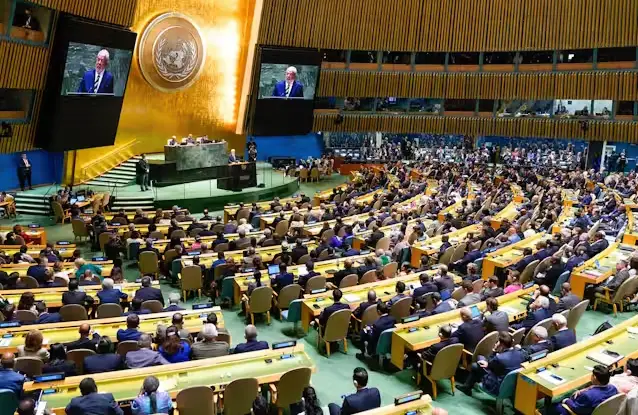Liberalism has brought some of the most valuable ideas to humanity. The idea that individuals can be not only participants but protagonists, of their own success and have the full guarantee of dignity and the pursuit of freedom has been the cradle of several of the rights enshrined at the international level, as well as a beacon for the consolidation of a more or less viable system during the last decades.
However, it would be foolish to ignore the shortcomings within the same current. On the one hand, after the end of monarchical absolutism, liberalism has lost the north and has not been able to find a new common front. For some, the antagonistic role of kings was assumed by the State and its rulers; the brake on freedom came from those who occupy administrative positions that benefit from the work and wealth generated by citizens. Thus, new currents such as neoliberalism and libertarianism were consolidated.
Neoliberalism is the child that nobody wants to recognize as their own. Several segments of liberalism even refuse to recognize its existence, and consider it an invention of the left. However, in the reality of the facts, neoliberalism exists as a facet of liberalism that seeks to take advantage of the rules of the game of the State to satisfy the ambitions of a few individuals who agglutinate power and camouflage themselves behind their companies. Consequently, they use the State to shield themselves to the detriment of the general population.
As if this were not enough, some, who call themselves libertarians, have gone so far as to reject the State in its entirety. They repudiate the idea of there being an entity that seeks to position citizens in a better condition, and dismiss the ideas of brotherhood and equality. This segment embraces their selfishness and appeals to reduce the costs of public administration to a minimum, which would take society almost to a primitive state, where each individual looks out for himself. The biggest problem behind this idea is that they make no effort to make the starting point fair. That is, they ignore the power asymmetries of the existing system.
These perverse versions of liberalism are part of a system in crisis that has allowed increasingly reactionary conservative variants to seize power in the system. Donald Trump is the global pinnacle of this systemic downfall. Willing to destroy the (neo)liberal model that the very party that brought him to power imposed. Open enemy of the United Nations system, barely contained by close voices who know that this has been one of the most important channels for the satisfaction of the agenda of the United States itself, as a founding member and major financier. Trump lends himself to return to a stage of protectionist nationalism.
Trump leads and inspires eccentric leaderships, some more successful than others. Orbán, Meloni, Bukele and Milei are some of the leaders trying to connect as much as possible with the U.S. president. However, this is not the typical interest of alignment with the leader of the most powerful country in the world, but part of a big puppet show, where popularity and displays of power are more relevant than ethics, and even national welfare.
Here the door to new opportunities opens. The pantomime into which politics has been transformed demands reflection. If dystopia is still possible, it is time for all fronts to come together to recover dignity, ethics and real interest in making politics a space for solutions. It is time to react and understand that the concepts of left and right have become obsolete. Trump and his allies do not care, in their pragmatism (perhaps one of their few admirable qualities) they aim at the fulfillment of objectives, resorting to tools of all spectrums, without the quasi-religious rigidity with which political ideology tends to be managed.
Trump clamors for power, far from the rules of statesmen and closer to the princes of the feudal era. At his fingertips is the most powerful military force in history. Humanity must recover the institutions that have served as a balance for the mismatches and abuses of power. Failure to do so opens the door to global tyranny.
*Machine translation proofread by Janaína da Silva.













